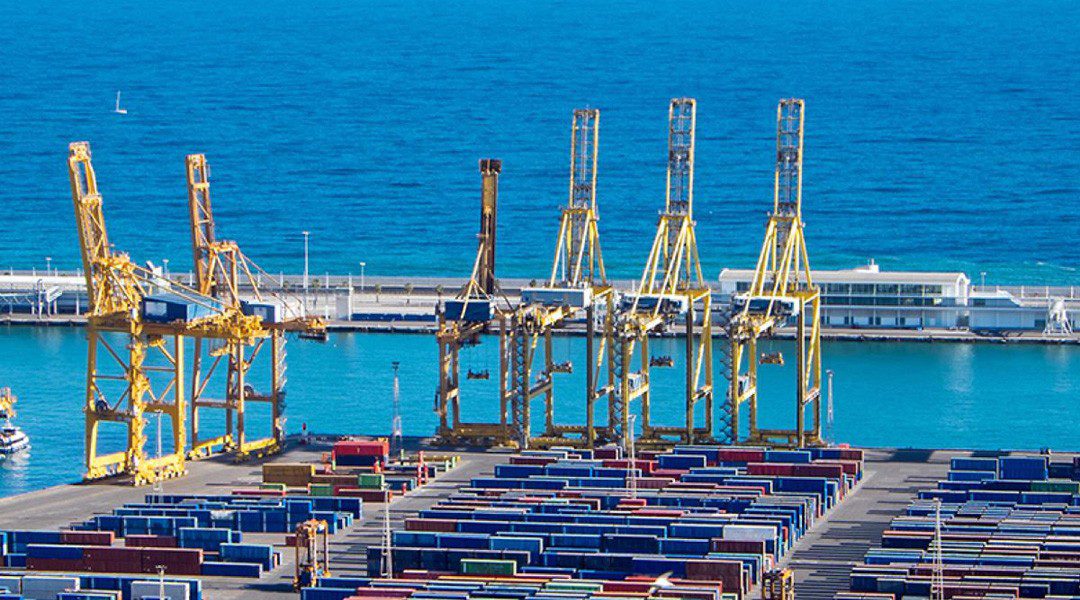“Groups with revenues in excess of €750m a year are within the scope of the GloBE rules.”
WHERE ARE WE NOW?
The short answer is “not quite where we expected to be”.
Global plans to introduce a “minimum effective tax rate” for very large groups (known as the “GloBE” rules) have been agreed politically and now even exist in written form. The changes should be effective in 2023.
Shipping had expected a sector exemption. The draft rules reveal something really rather different.
What was seen as a threat to the onshore tonnage tax regimes now appears to be an opportunity. Offshore centres appear to be the ones to be losing out.
WHAT ARE THE REFORMS?
Groups with revenues in excess of €750m a year are within the scope of the GloBE rules. These groups must assess their tax exposure in the countries where they have a taxable presence. Put bluntly, if the effective tax rate applied to the profits in that country is below 15%, a company higher up the group structure must pay a “top up tax” to make up the difference. If your profits in your subsidiary are going to be taxed at 15% somewhere, a very low tax rate ceases to be so attractive and, in theory, more tax is paid onshore.
DOES SHIPPING GET SPECIAL TREATMENT?
Sort of. Following what was perceived as successful lobbying, it seemed that shipping in “international traffic” was to be left out of the scope of the rules. One hundred years of light-touch tax policy towards shipping was seemingly still acceptable. But the written rules provide for specific factual exemptions and not for the sector or industry exemption expected.
WHAT DO THE RULES SAY?
The shipping exemption only applies where the “strategic or commercial management” of a vessel takes place in the jurisdiction we are testing.
This is a phrase borrowed from EU tonnage tax rules with most regimes requiring some variation on the idea that an adequate level of “strategic and commercial management” of a fleet should take place in the jurisdiction providing the tax benefit. It is an undefined, flexible concept, well-suited to adapting to apply equally well to shipping groups with four ships and those with four hundred. But this helpful flexibility means the term does not provide certainty. It is a deliberately undefined concept, which is perhaps unhelpful when trying to apply a tax rule globally.
SO THAT IS WHY TONNAGE TAX REGIMES MAY BE WINNERS HERE?
Yes. If you are in, for example, UK tonnage tax or Singapore’s shipping tax incentives, you must already have some substantial element of strategic and commercial management of your fleet in the jurisdiction. The GloBE rules seem to require only one or the other and so the tonnage tax systems have a head start.
We do not, however, know what the rule-makers want the term to mean. Do they want all strategic decisions to be made in the country? Is technical management part of commercial management? Do board members flying into a country to hold strategy-setting board meetings in a hotel four times a year carry out strategic management? Guidance and national tax authority practices are going to be key.
“Shipping is still a special case within these rules but is not as special as we thought.”
WHAT ABOUT OFFSHORE CENTRES?
Whilst economic substance rules were intended to ensure there were no tax incentives without local substance, that has not been the real-life outcome.
Liberian and Marshall Islands ship owning companies will not have either strategic or commercial management taking place in Liberia or the Marshall Islands. Carrying out those activities in those jurisdictions is likely not a practical option and so large groups utilising such companies may have a GloBE issue to solve, and EU tonnage tax schemes and Singapore will likely be keen to offer a solution.
WHAT NEXT?
Those already in scope because of their revenues need to engage with the detail of the rules. Shipping is still a special case within these rules but is not as special as we thought.
Onshore tonnage tax regimes and the Singapore authorities are likely reasonably pleased with these developments and are the likely beneficiaries of a drive onshore. The offshore registers are the most exposed and we may see larger groups moving onshore, although there are likely still opportunities for the main offshore flags to remain relevant.
ARE THERE OTHER CHANGES HAPPENING?
Once the difficult task of global implementation of the GloBE rules is complete, an easy next step for the rule-makers is to lower the economic threshold and capture groups below the €750m figure. If tax structuring in a group with €750m of annual revenues is not ok, why is the same tax structure in a group with €650m of annual revenues acceptable? A form of mission-creep may drag in more groups.
The EU is looking at the use of shell companies and we may also see pressure on the scope of the international traffic article in double tax treaties (there are hints of this in the GloBE rules).
On the positive side, onshore shipping tax regimes may seize the opportunity to capitalise on their designation as acceptable tax planning and seek to attract those forced onshore with beneficial changes to their domestic rules. The UK is already on that track with further enhancements to UK tonnage tax expected this year.
Other countries will react to the 15% minimum tax rate – a new “race to the bottom” may arise where we head up from zero and see how low a positive tax is acceptable. The UAE has made an early bid with the introduction of a 9% corporate tax rate – an example of a previously zero-tax jurisdiction positioning itself as a suitable home for those driven out of other zero-tax jurisdictions.






